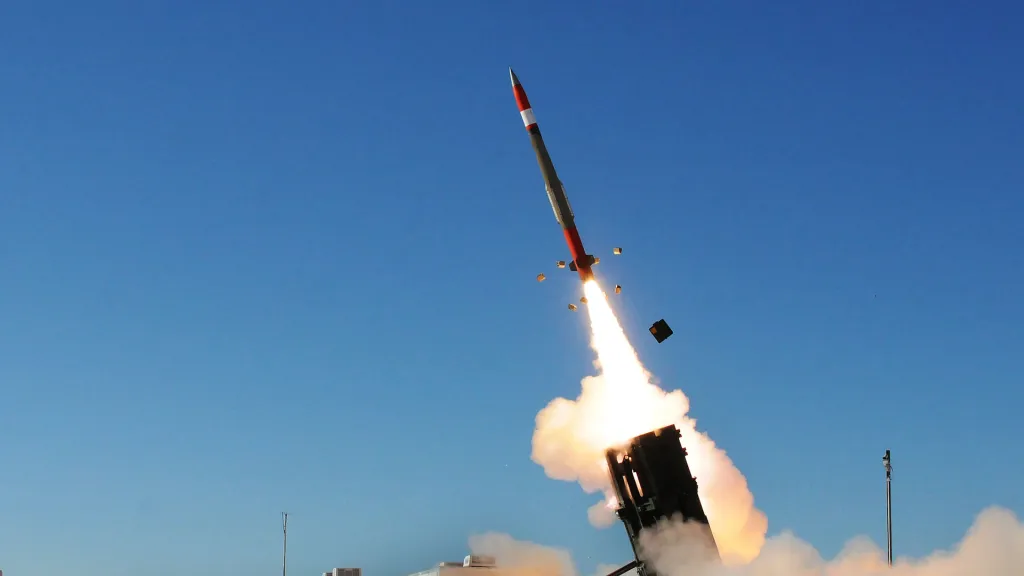The Pentagon is pushing U.S. defense contractors to boost missile production two to four times above current rates, warning that stockpiles could fall short in a conflict with China, according to The Wall Street Journal. A newly created Munitions Acceleration Council, led by Deputy Defense Secretary Steve Feinberg, is coordinating the efforts following meetings with industry leaders in June.
Pentagon spokesman Sean Parnell told the Journal that the department, backed by President Donald Trump, is pursuing extraordinary steps to expand capacity and speed deliveries.
The Journal reports the acceleration plan targets about a dozen high-demand systems, including Patriot interceptors (PAC-3), Long-Range Anti-Ship Missiles (LRASM), Standard Missile-6, Precision Strike Missiles (PrSM) and Joint Air-to-Surface Standoff Missiles. Patriot rounds remain the biggest bottleneck.
In September, the Army placed nearly $10 billion in orders with Lockheed Martin for approximately 2,000 PAC-3 interceptors through 2026; officials now want production to reach roughly that volume every year, which would be almost four times today’s output, according to the Journal.
Missile manufacturing has long lead times and strict supplier qualifications. Analysts told the Journal that adding new producers can take months of testing and hundreds of millions of dollars before the Pentagon signs off on parts.
Congress added $25 billion for munitions over five years in July, the so-called “Big, Beautiful Bill.” However, experts told the Journal that tens of billions more will be needed to meet the Pentagon’s new goals.
Industry leaders also emphasized they need funded, long-term commitments, not just demand signals, to justify capital investments.
Manufacturers have begun expanding anyway. Boeing finished a 35,000-square-foot build-out to accelerate production, while Northrop Grumman said it has invested over $1 billion to grow solid rocket motor capacity. Lockheed Martin and Raytheon have added staff and floor space in anticipation of bigger orders, the Journal reported.
The U.S. and Israel expended hundreds of advanced missiles during a “12-day war” with Iran this summer, further straining inventories already hit by heavy Patriot use in Ukraine.
Former Pentagon acquisition chief Bill LaPlante warned in 2023 that the Ukraine war exposed fragile supply chains and idle production lines — weaknesses the Pentagon now hopes to address with its Pacific planning, according to the Journal.


